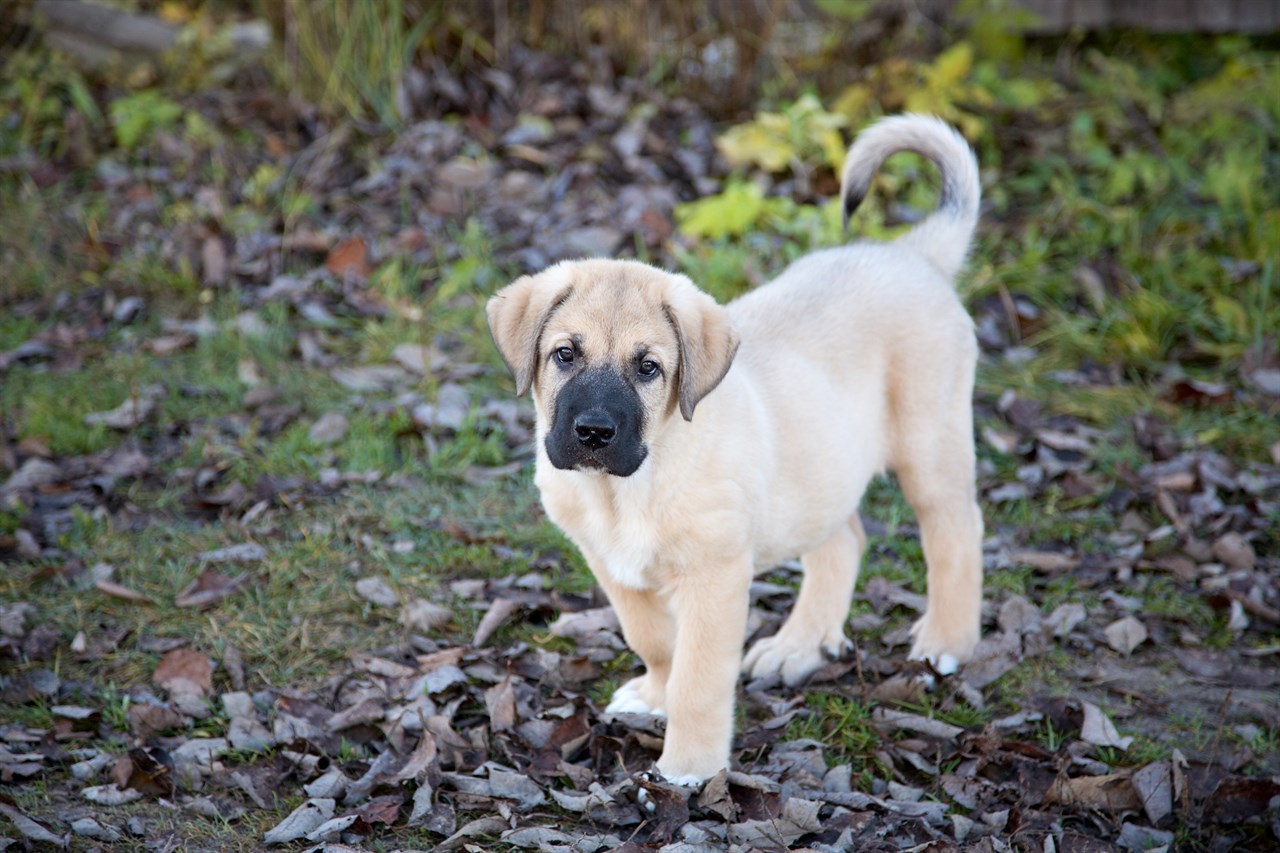Feeding Habits and Food Requirements of the Spanish Mastiff

Proper nutrition is essential for the health and well-being of the Spanish Mastiff. This majestic breed, known for its impressive size and gentle temperament, has specific feeding habits and dietary needs that should be addressed to keep them happy and healthy.
Age-Appropriate Nutrition
Tailoring your Spanish Mastiff's diet to their life stage is crucial. Puppies, adults, and seniors have varying nutritional needs. Ensure you choose a high-quality dog food that is appropriate for your dog's age and size.
- Puppy Food: Spanish Mastiff puppies need a diet formulated to support their growth and development. Look for puppy-specific formulae that provide essential nutrients like protein and calcium. Feed them multiple small meals throughout the day to accommodate their growth spurts.
- Adult Food: Adult Spanish Mastiffs typically thrive on a balanced diet formulated for large breeds. This diet should contain a moderate amount of protein, fat, and fibre to maintain their size while preventing obesity. Feeding them two meals a day is usually sufficient.
- Senior Food: As Spanish Mastiffs age, they may benefit from a diet designed for senior dogs. These formulations often have reduced calorie content to help manage weight and may contain joint-supporting supplements.
Portion Control
Controlling portion sizes is essential for managing your Spanish Mastiff's weight. Their large size can make them susceptible to obesity if overfed. Use feeding guidelines provided on the dog food packaging as a starting point and adjust based on your dog's activity level, metabolism, and individual needs. It's advisable to consult with your veterinarian to determine the appropriate portion size for your specific dog.
Avoid Overfeeding
Resist the urge to overfeed your Spanish Mastiff, as excess weight can lead to various health issues, including joint problems and heart disease. Regularly monitor their body condition and adjust their diet as needed to maintain a healthy weight.
Fresh Water Supply
Provide your Spanish Mastiff with access to fresh, clean water at all times. Staying hydrated is crucial for their overall health, especially in warm weather.
Special Dietary Considerations
Some Spanish Mastiffs may have food sensitivities or allergies. If you notice signs of digestive upset, skin issues, or other adverse reactions to their food, consult with your veterinarian to explore possible dietary changes.
Nutritional Supplements
In general, a well-balanced commercial dog food should provide all the essential nutrients your Spanish Mastiff needs. Supplements are not typically necessary unless recommended by your veterinarian due to a specific health issue.
Regular Feeding Schedule
Establishing a regular feeding schedule can help with digestion and prevent obesity. Feeding your Spanish Mastiff at the same times each day can also help you monitor their appetite and detect changes in their eating habits.
Consult with a Veterinarian
It's important to consult with a veterinarian to determine the best diet and feeding plan for your Spanish Mastiff. They can provide personalised guidance based on your dog's unique needs, ensuring they receive the proper nutrition to live a long and healthy life.
In conclusion, providing appropriate nutrition and practising responsible feeding habits are crucial for the health and well-being of the Spanish Mastiff. Tailor their diet to their age and size, control portion sizes, and monitor their weight and overall health regularly to ensure they thrive as a cherished member of your family.
Spanish Mastiff puppies for sale
- Find Spanish Mastiff puppies for sale in ACT
- Find Spanish Mastiff puppies for sale in NSW
- Find Spanish Mastiff puppies for sale in NT
- Find Spanish Mastiff puppies for sale in QLD
- Find Spanish Mastiff puppies for sale in SA
- Find Spanish Mastiff puppies for sale in TAS
- Find Spanish Mastiff puppies for sale in VIC
- Find Spanish Mastiff puppies for sale in WA